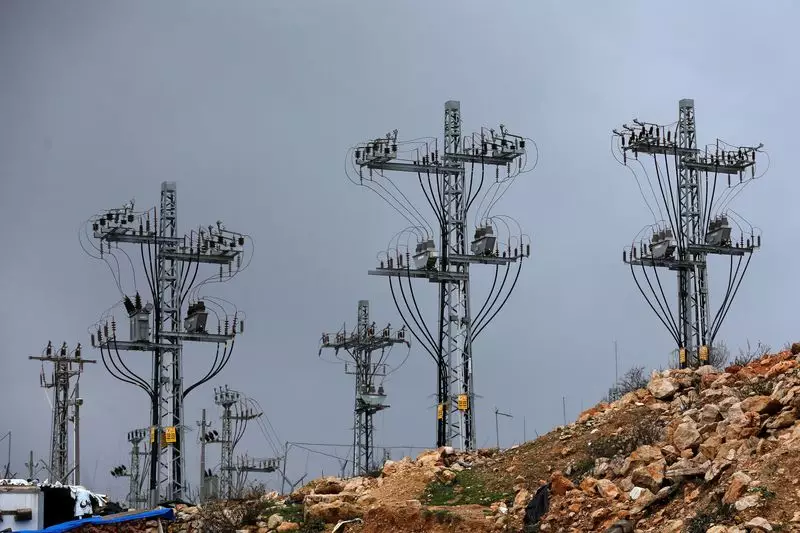In a recent announcement, Israeli Finance Minister Bezalel Smotrich revealed a strategic maneuver involving tax revenues collected on behalf of the Palestinian Authority (PA) to settle a substantial debt to the Israel Electric Company (IEC). As of now, this amount totals approximately 1.9 billion shekels, equating to around $544 million. The tax collected by Israel primarily includes duties on goods that transit into the West Bank, an arrangement defined by a long-standing agreement rooted in prior negotiations. Under normal circumstances, these funds are transferred to the PA based in Ramallah. However, the recent escalation of conflict following the Hamas-led attacks on Israel since October 7, 2023, has led to a reevaluation of these financial flows.
Policy Changes and Financial Consequences
Since the outbreak of hostilities, Smotrich has significantly adjusted the fiscal policies concerning the PA. Specifically, he has opted to withhold tax revenues intended for the PA’s administrative expenses in Gaza, an action that has raised concerns over the PA’s ability to stabilize its governance and continue its functioning adequately. This decision reflects a larger narrative of punitive measures aimed at responding to perceived threats and anti-Israel sentiment linked to recent escalations. The underscoring argument made by Smotrich revolves around the notion that the existing debt of the PA to IEC not only impacts the company but consequently affects Israeli citizens as these financial burdens manifest as higher costs and diminished creditworthiness for the utility provider.
Underlying Motivations and Implications
Critics of this financial maneuver argue that it showcases a broader strategy of undermining the Palestinian Authority. Smotrich’s ultranationalist stance against the PA is underpinned by allegations of its complicity in violent actions against Israel. He posits that any funds transferred to the PA are indirectly facilitating terrorism, citing the infamous martyr payments made to the families of Palestinians who are either killed or imprisoned by Israeli authorities. These payments represent an ongoing source of contention, sparking domestic and international criticisms of the PA’s budgetary allocations.
Additionally, withholding these funds could further destabilize the PA, potentially leading to an increase in radical sentiments and making governance in Palestinian territories more challenging. The financial stranglehold could inadvertently exacerbate tensions and destabilize the region, undermining both Israeli and Palestinian interests.
The ongoing situation represents a complex interplay of financial, political, and social factors that affect both Israelis and Palestinians. While Smotrich’s decision to allocate tax revenues toward paying off the IEC debt is framed as a necessary response to immediate financial obligations, it simultaneously signals a shift in the financial relationship between Israel and the PA during a tumultuous period. As violent confrontations continue, the broader implications of such financial strategies must be carefully considered, as they might shape the future dynamics of peace, governance, and stability in the region. The intertwining of fiscal policy and national security remains a salient issue that will shape the discourse in the months and years to come.

